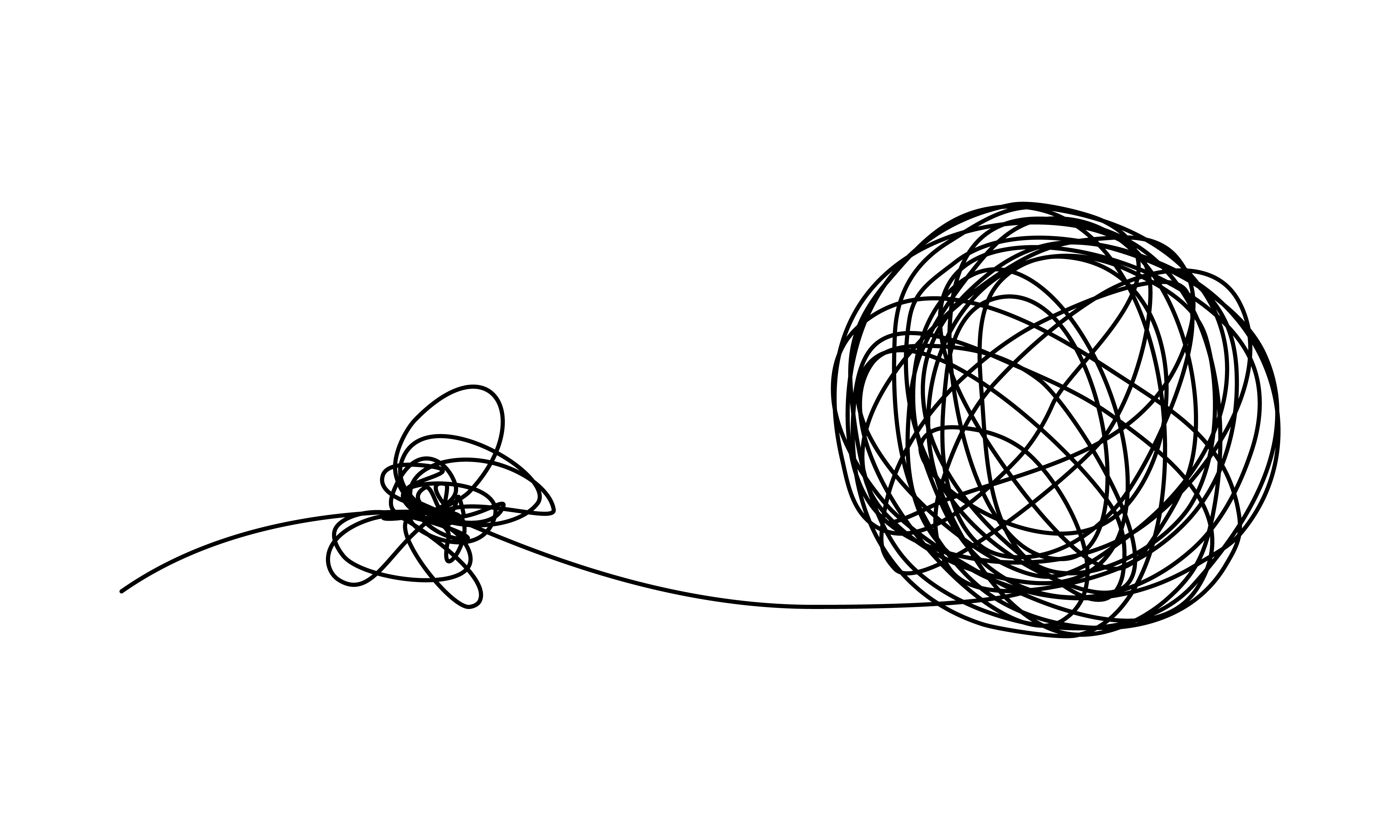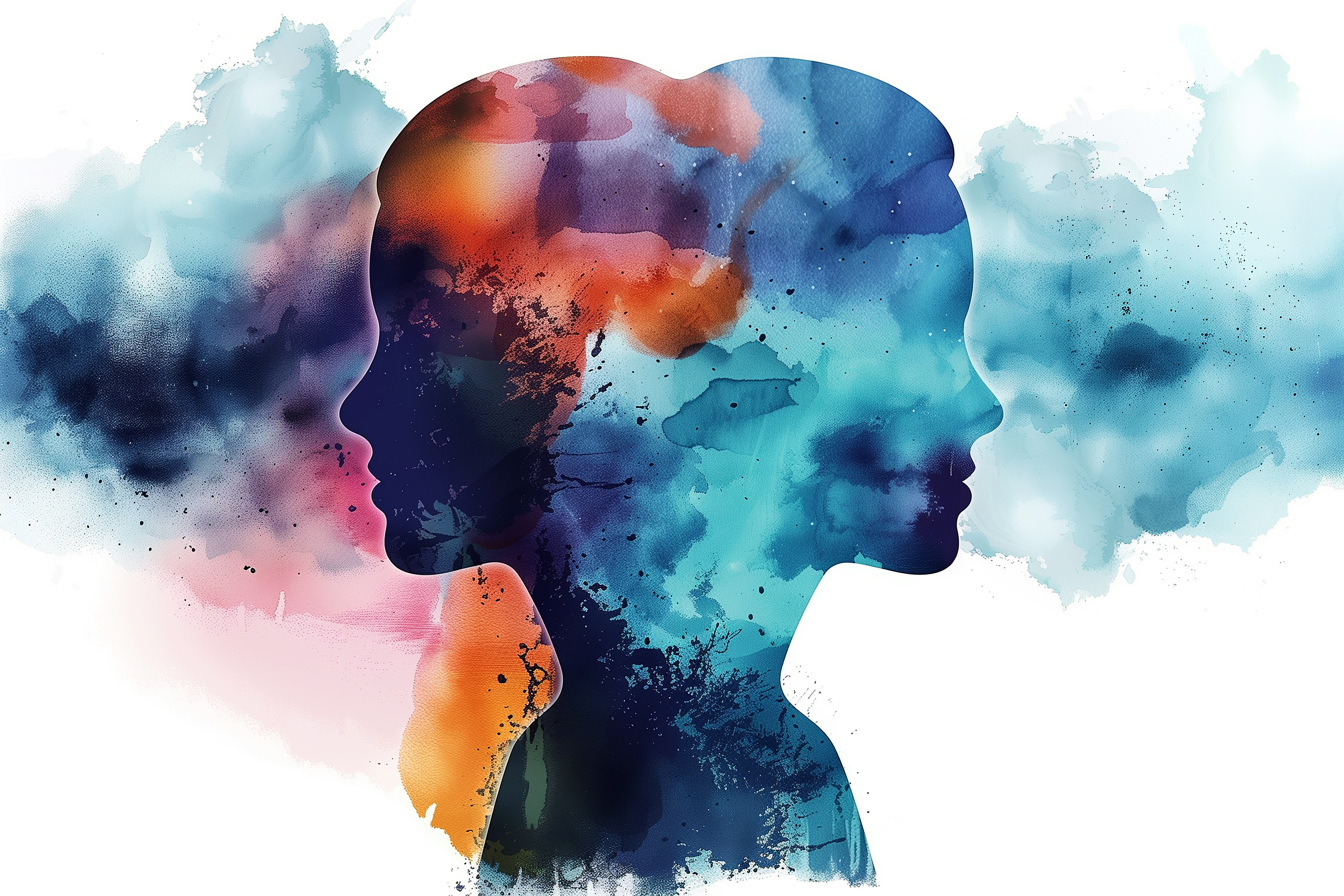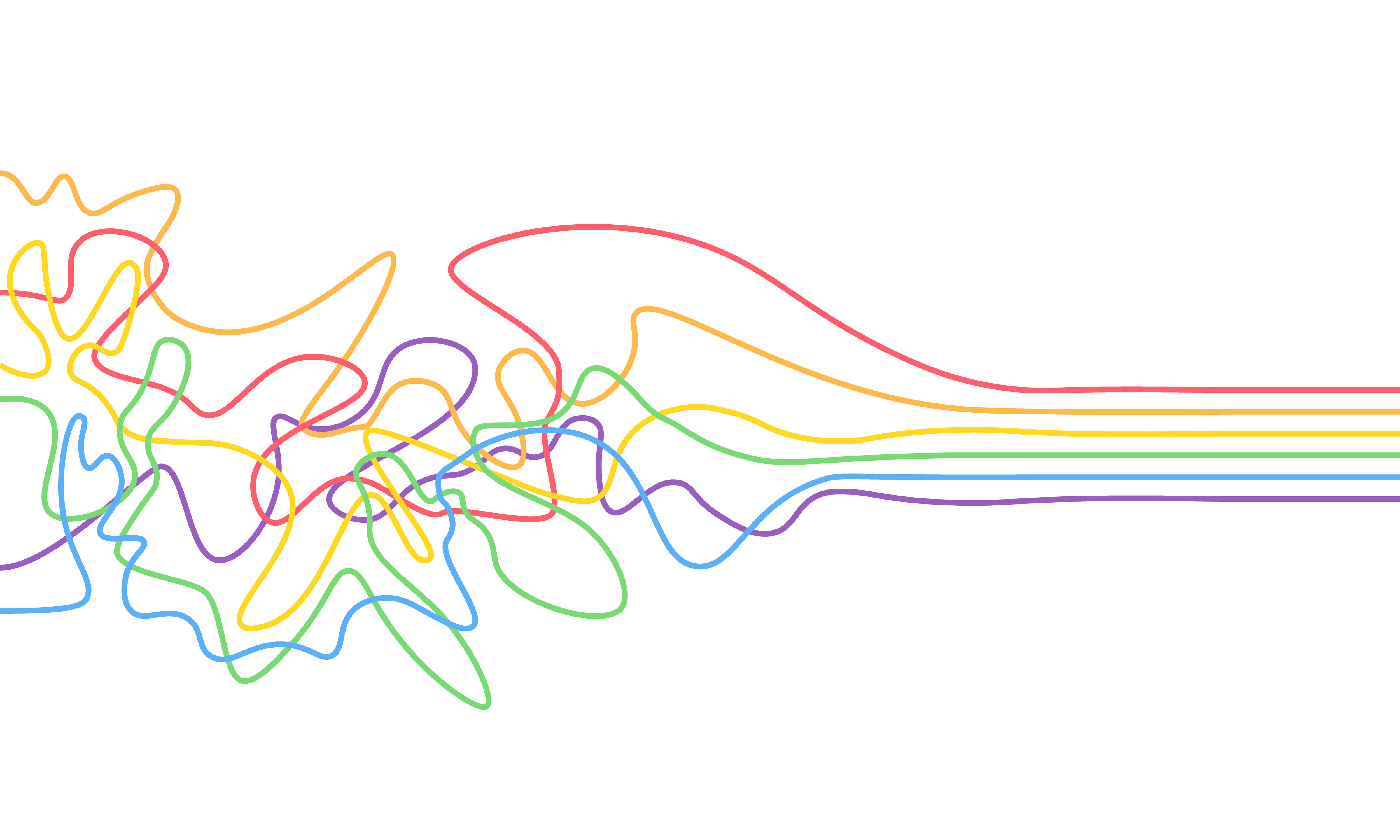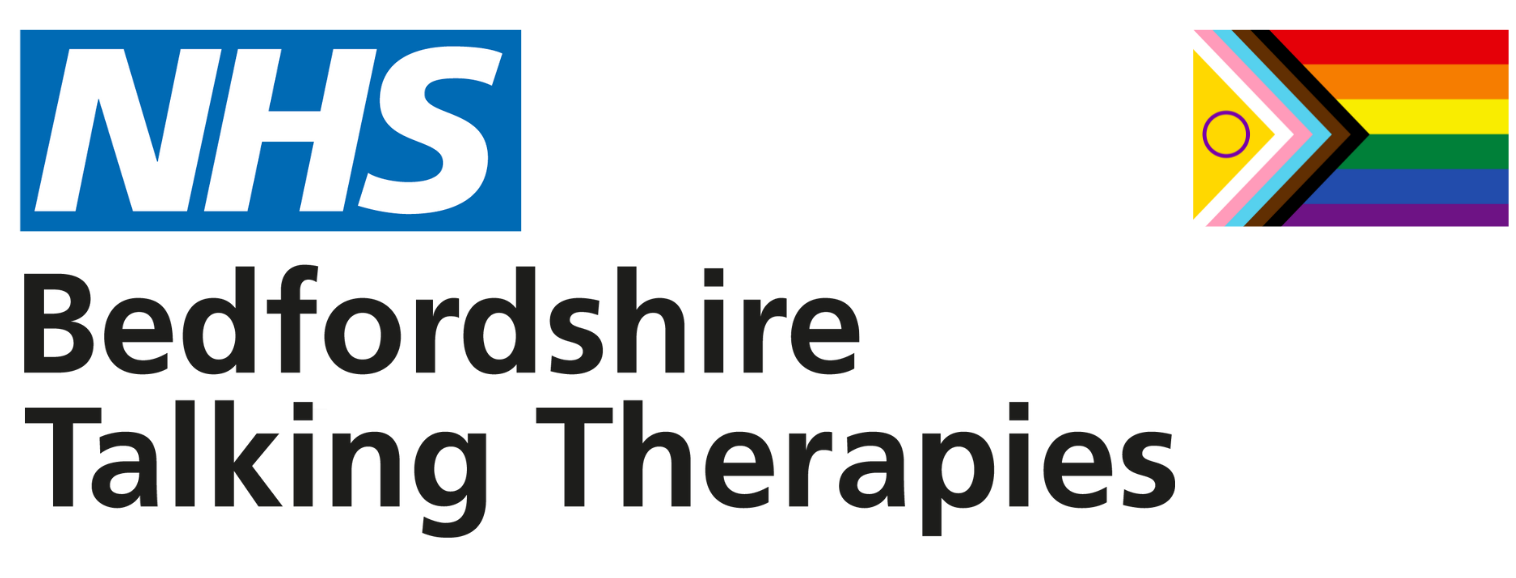Relational Therapies
Counselling for Depression
It is an evidence-based treatment approved by the National Institute for Health and Care Excellence (NICE) for people experiencing symptoms of depression.
This approach targets the emotional problems underlying depression, helping you to develop an understanding these problems in order to overcome them. The aim is to help explore any underlying feelings, make sense of them, and reflect on the new meanings that emerge.
Counselling for depression allows you the opportunity to talk openly about past and present issues in a safe and confidential environment, with one of our trained therapists.


Couple's Therapy for Depression
Couples Therapy for depression is designed to help strengthen a couple’s relationships where one or the couple present with depression. This approach involves looking at the way the depression affects you and your partner, and how the relationship impacts on your mood. The aim is to support couples to change the way they communicate and behave towards each other, so that you both can cope better with the depression and offer each other more support.
It usually works best when both partners are interested and willing to work on improving their relationship and supporting one another. The sessions mainly involve thinking together and offering
Dynamic Interpersonal Therapy (DIT)
‘It is about understanding the past; in particular close attachment relationships that inform the here & now and enable to us make changes for the future.’
DIT therapy has two primary aims:
• Helping understand the connection between the presenting symptoms and what is happening in their relationships across the board – and we do this by identifying a core, unconscious, repetitive pattern of relating that becomes the focus of therapy and can be traced back to childhood.
• To encourage a capacity to reflect on state of mind and enhance abilities to manage interpersonal difficulties – this is called “mentalising” - a human capacity about understanding mind as mind. It is being able to understand our own mental state and that of other people, and how this effects our behaviour. It helps to make sense of our thoughts, beliefs, wishes and feelings and to link these to our actions and behaviours.


Interpersonal Psychotherapy (IPT)
IPT is an evidence based; time limited and structured psychotherapy for recurrent depression. It looks at the ways in which current difficulties in relationships contribute to psychological stress, and the ways in which psychological problems affect relationships.
IPT focuses primarily on relationship problems. When a person is able to deal with a relationship problem more effectively, psychological symptoms often improve. IPT aims to help people recognise the
Domestic Abuse Therapy
Domestic Abuse Therapy is for those who present with symptoms of depression and anxiety relating to their experience of Domestic Abuse, where there has been an experience of Domestic abuse within the last 12 months.
This approach emphasises the therapeutic relationship as a central element in healing, whereby the therapist, through a lens of empathy and non-judgment, seeks to establish a secure and trusting relationship, which becomes the foundation for exploring and understanding experiences.
Therapy can help explore and address self esteem, confidence, fears, negative thoughts and beliefs, which may have developed through the experience of Domestic Abuse. It can support those affected to work on counteracting and challenging negative experiences, as well as learn to let go of your anger, guilt, blame and shame issues that often arise from Domestic Abuse.
The counselling can also endeavour to highlight and recognise patterns of behaviours of a perpetrator so that you can break the cycle and learn to recognise potential abusive partners for future selection process.

